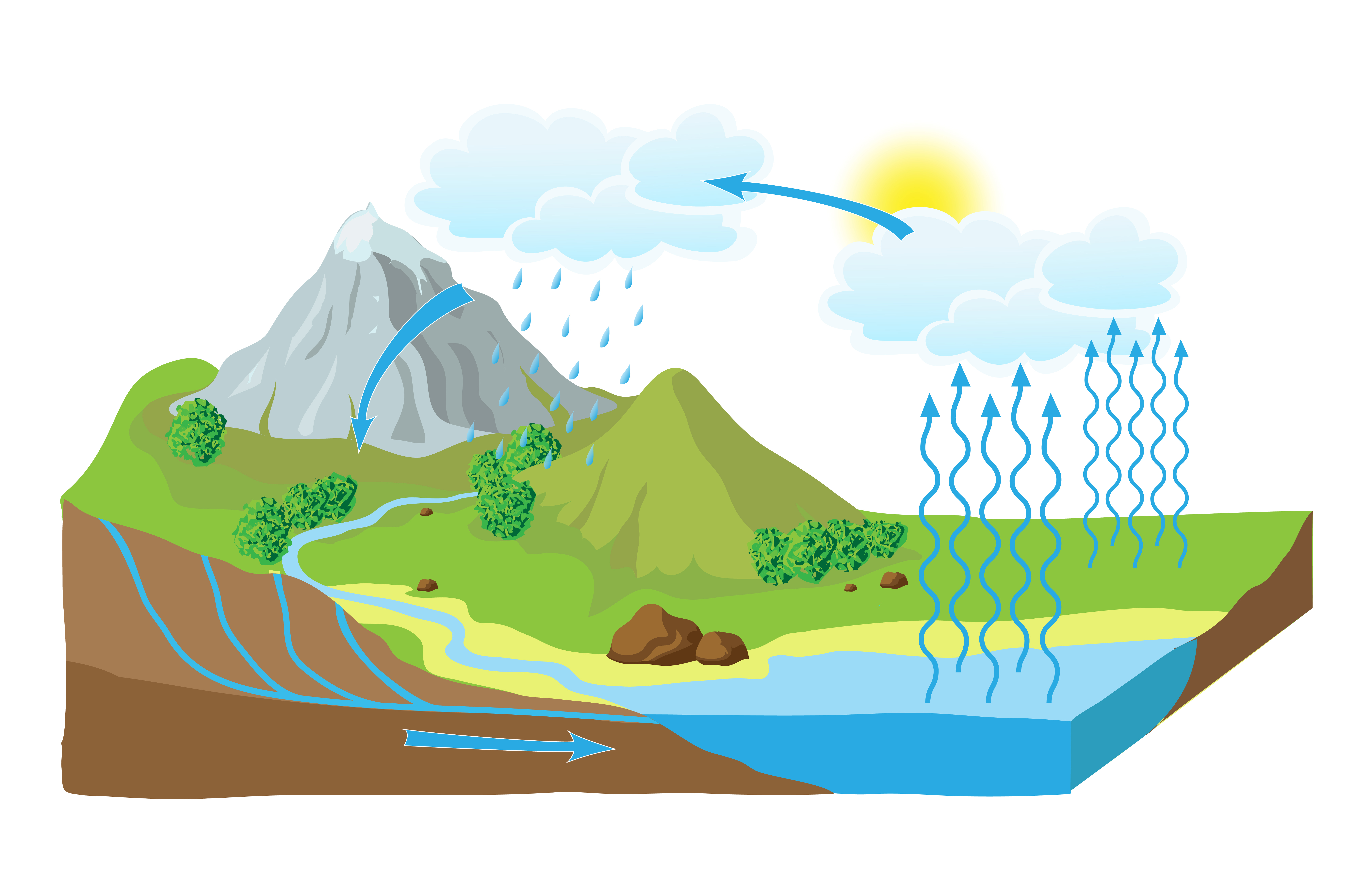Cognitive Development Normal Science Worksheets for Ages 4-5
7 filtered results
-
From - To
Discover our engaging Cognitive Development Normal Science Worksheets, designed specifically for children ages 4-5. These worksheets promote critical thinking and problem-solving skills through fun activities that spark curiosity about the natural world. Each worksheet is crafted to align with early childhood education standards, ensuring that young learners build a strong foundation in cognitive skills. From exploring shapes and colors to understanding basic scientific concepts, our printables provide interactive learning experiences that keep children entertained while they learn. Perfect for classrooms or at-home learning, these worksheets encourage exploration and cognitive growth in young minds. Start your educational journey today!
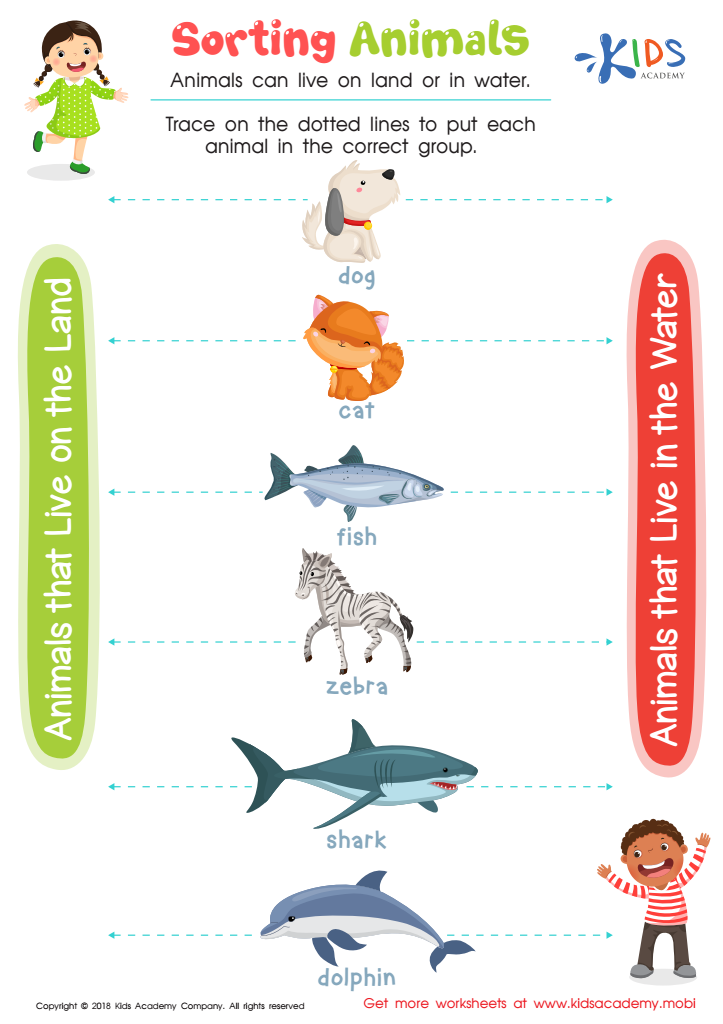

Sorting Animals Worksheet
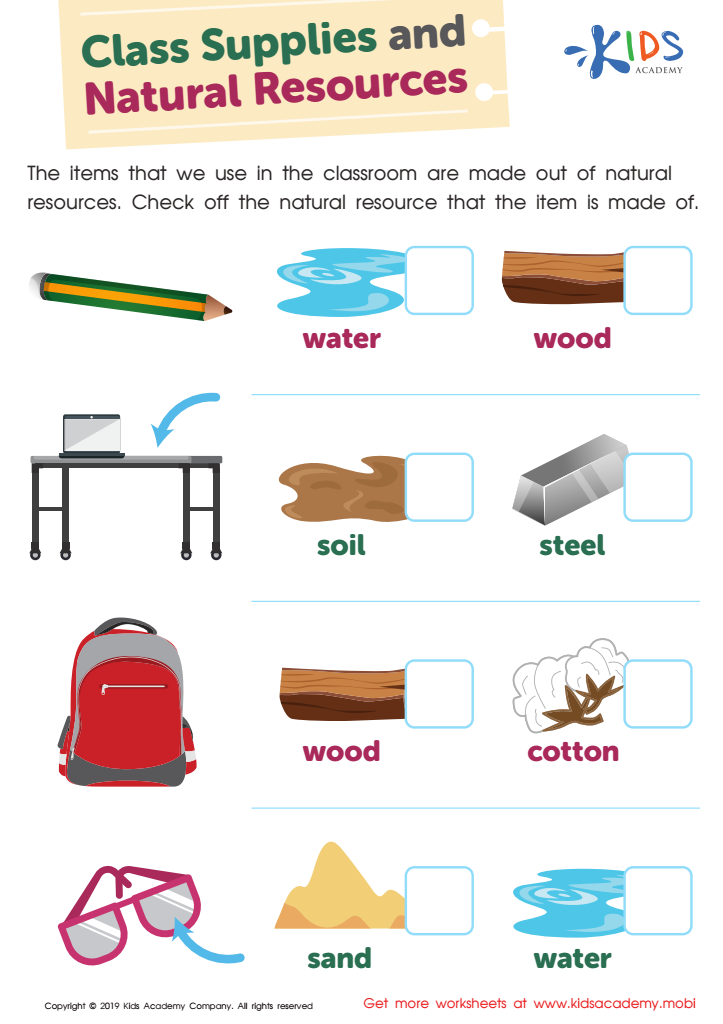

Class Supplies and Natural Resources Worksheet


Carnivores Worksheet
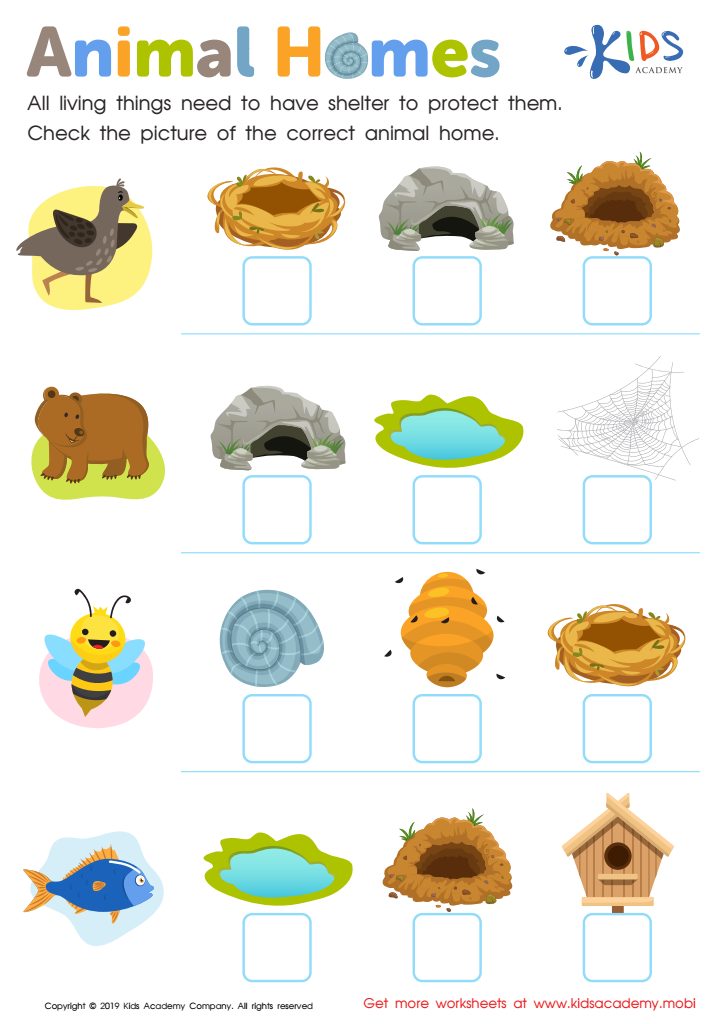

Animal Homes Worksheet
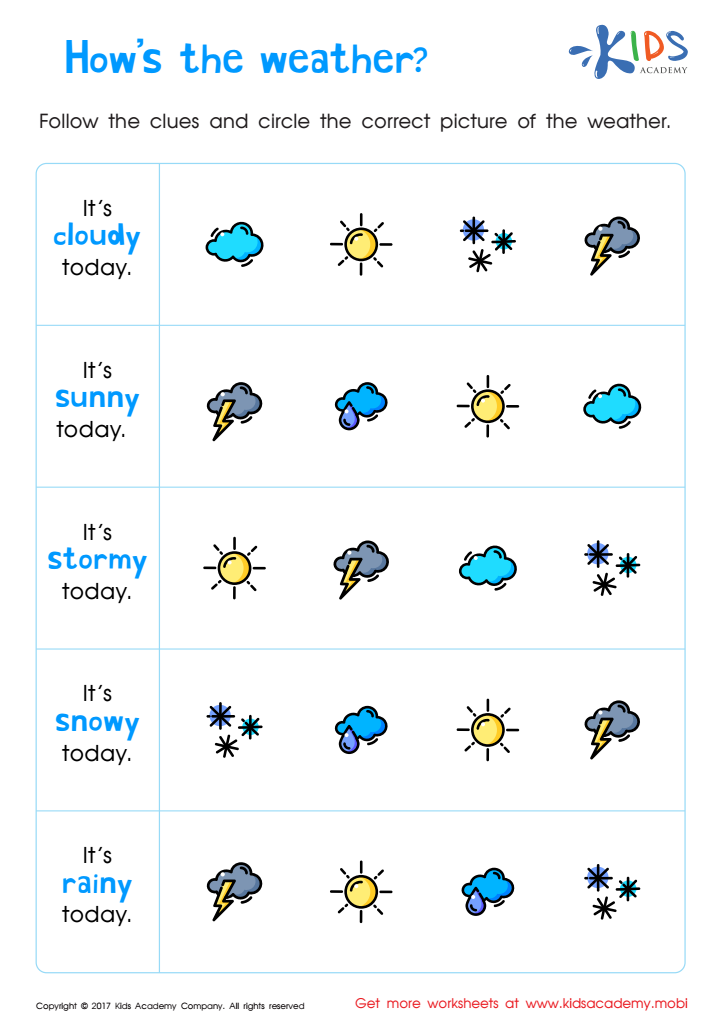

Hows the Weather Worksheet
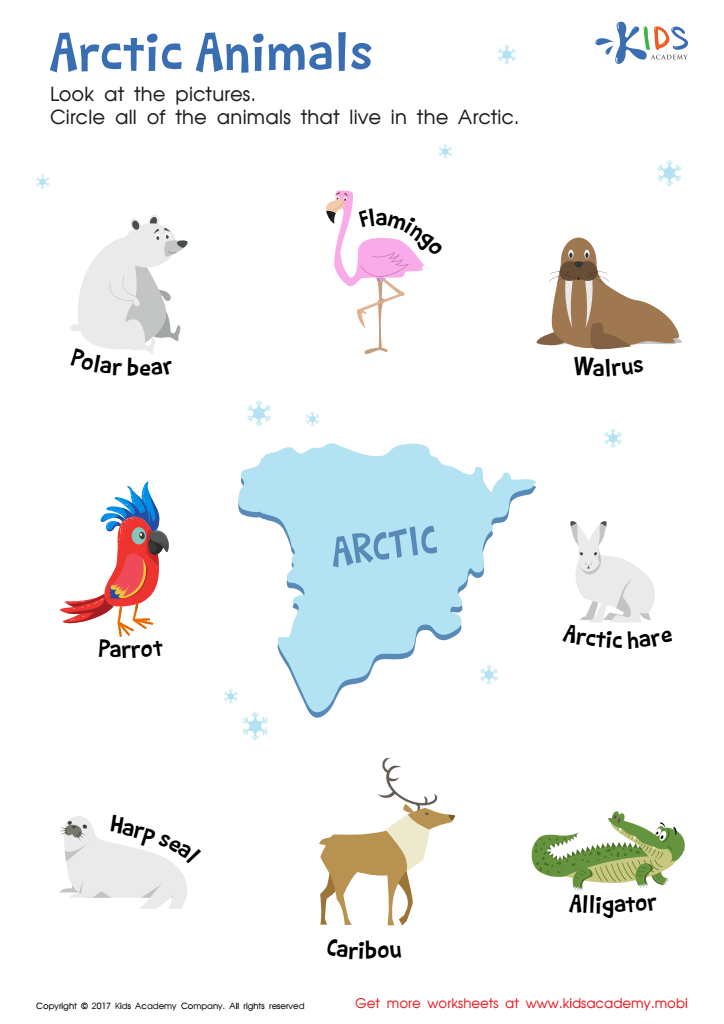

Arctic Animals Worksheet
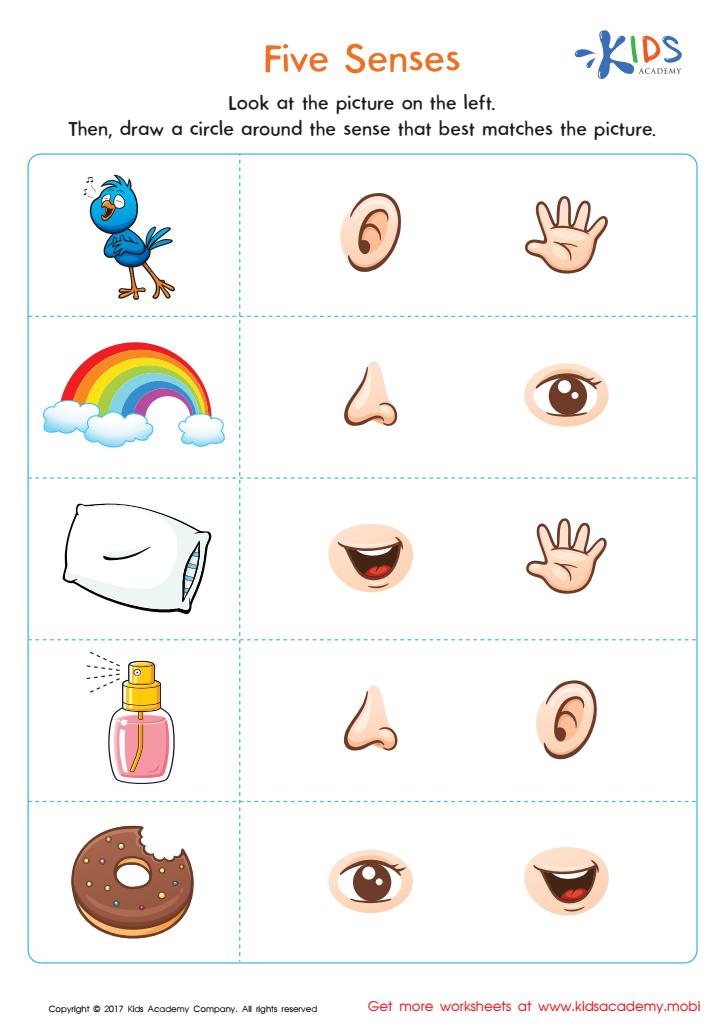

Five Senses Printable
Cognitive development play a vital role in shaping a child's understanding of the world, particularly for children aged 4-5, who are in a critical stage of their formative years. Parents and teachers should care about cognitive development in these years because it lays the foundation for essential skills such as problem-solving, critical thinking, and language acquisition.
At this age, children transition from preoperational thought, characterized by imaginative play and egocentric perspectives, to more structured ways of thinking. Engaging them in normal science activities—such as exploring the concepts of time, space, and cause-and-effect—encourages curiosity and discovery, essential for fostering a scientific mindset.
Furthermore, understanding cognitive milestones allows parents and teachers to create supportive environments that promote learning. When educators tailor their teaching methods to align with these developmental stages, children are more likely to comprehend and retain new concepts. Parents can also reinforce learning at home through interactive and playful educational activities.
By being proactive about cognitive development, parents and teachers empower children to build resilience and confidence, equip them with the skills necessary for academic success, and, ultimately, nurture lifelong learners who can navigate complex information in an ever-changing world.
 Assign to My Students
Assign to My Students






